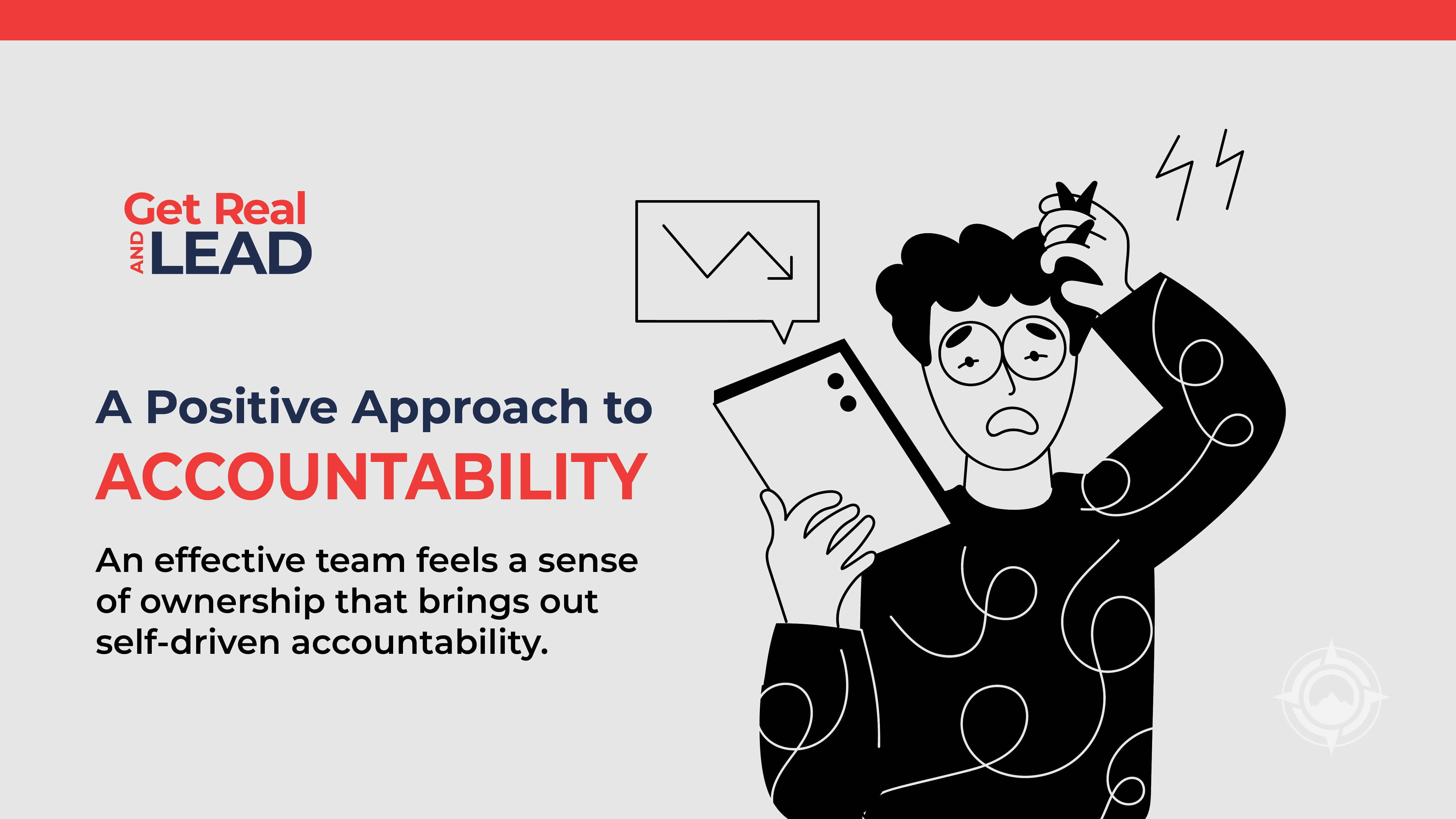Do You Know What Drives Your Team? Understanding Motivation

Do You Know What Drives Your Team? Understanding Motivation
Motivation is essential for driving performance and engagement, but it’s not one-size-fits-all. To be an effective leader, you have to understand how motivation works and why the same motivators don’t work for everyone.
The Problem with Carrot-and-Stick Motivation
Many organizations still rely on the traditional "carrot-and-stick" approach: using rewards and punishments to improve performance. While this might work in the short term, it can diminish long-term success. Here’s why:
The work is no longer the focus. When people are driven by rewards and penalties, the work itself loses priority and becomes less fulfilling.
It makes people focus on the short-term. The carrot-and-stick method encourages people to focus on immediate results, often at the expense of the big picture.
People do what’s rewarded, not what’s right. Priorities shift from doing what’s right to doing what’s rewarded—sometimes at any cost.
Common Motivation Mistakes
Because motivation is often misunderstood, leaders tend to make some common mistakes when trying to motivate their team:
Assuming that everyone on your team is driven by the same things
Relying on generational stereotypes (thinking all millennials want a “fun” office with a ping-pong table and a juice bar)
Surrounding yourself with people that have the same motivators as you, so you miss out on the benefits of having a dynamic and diverse team
Only considering work-related motivators rather than looking at the whole person, which includes motivators in their personal life
Understanding Different Motivators
What inspires one person might not have any impact on someone else. If you want to create an environment where everyone has the potential to succeed, it’s important to understand what motivates each individual.
Most workplaces focus on achievement-related motivations, but this neglects other powerful motivators, like:
Purpose: finding meaning and purpose in work and life
Relationships: nurturing social connections, inside and outside of work
Mastery: pursuing knowledge, excellence, and expertise
Financial: income and financial security
Autonomy: the need for control and independence
Practical Steps for Leaders
Focus on Building Relationships: Understanding what motivates your team starts with genuine conversations. Engage in regular, open-ended dialogues to learn what excites them, what challenges they enjoy, and where they want to grow. Ask thoughtful questions and truly listen to their responses.
Understand Different Personalities: Personality assessments can be a helpful tool for understanding how other people are motivated. What motivates someone is often tied to their unique set of preferences, strengths, and thinking styles. The better you understand someone at a core level, the better you understand what drives them.
Pay Attention to What Works: Observe your team in action. Look for signs of enthusiasm and engagement. Do they take on new challenges with excitement? Are they most engaged when they’re learning new skills? Do they really shine when working closely with others?
Download Your Exclusive Leadership Guide Now
To download our Exclusive Leadership Guide on Why Motivation Matters, click HERE.






